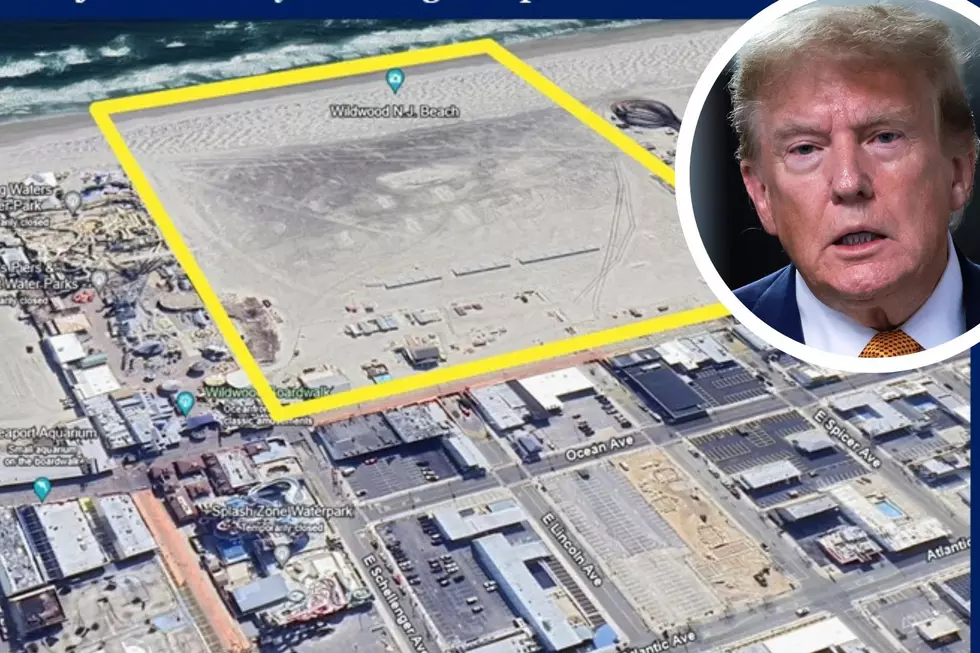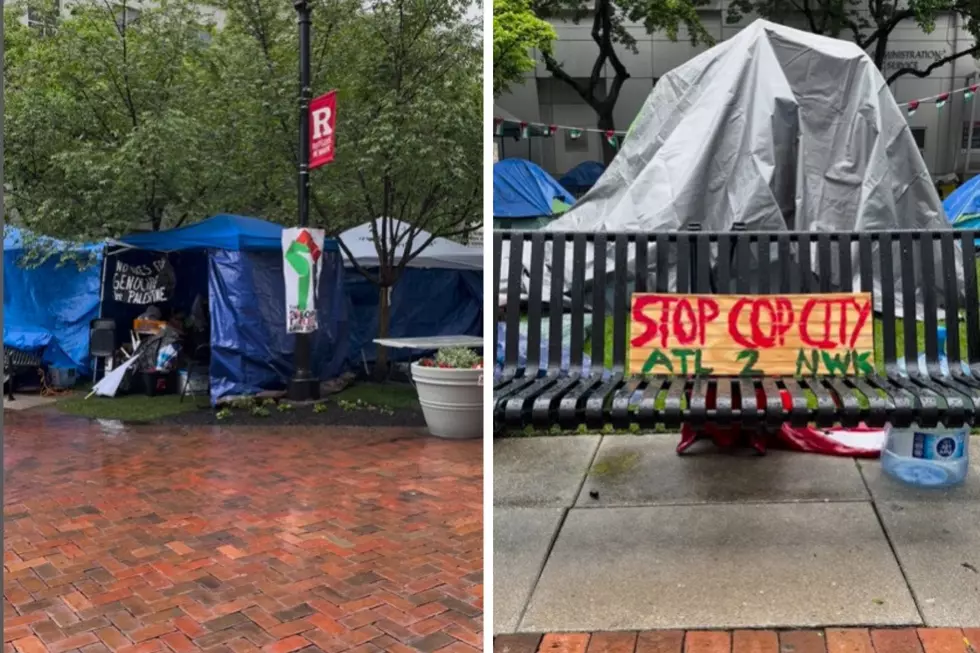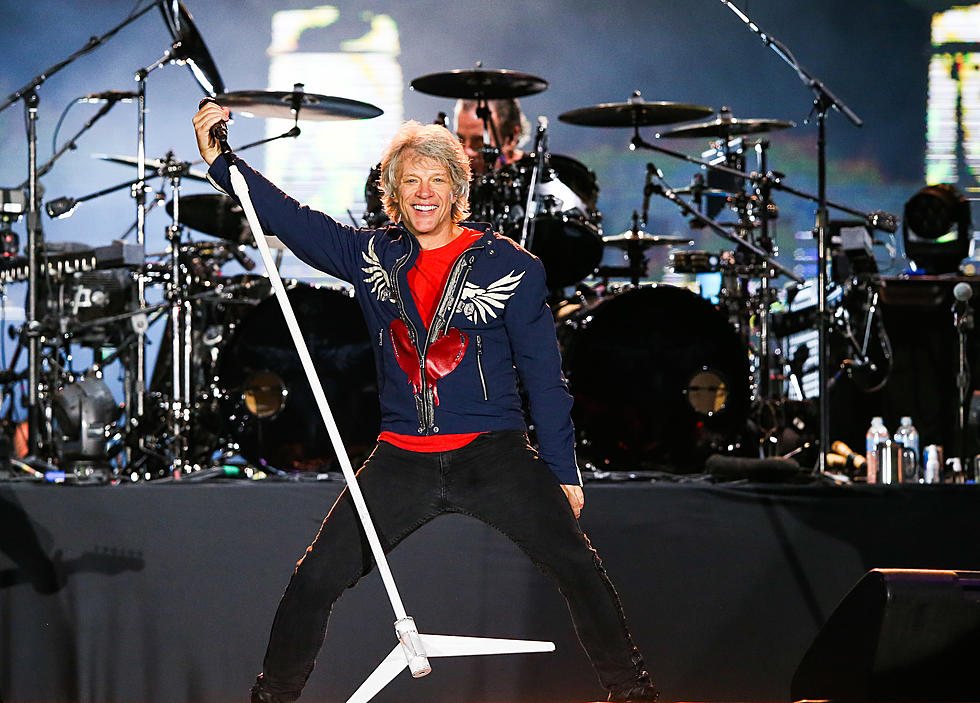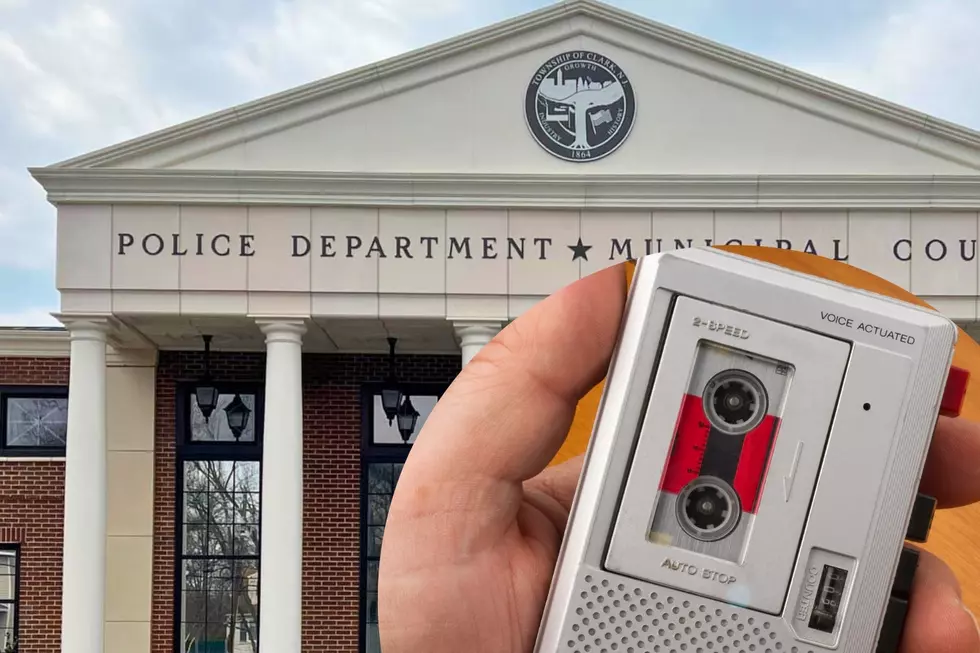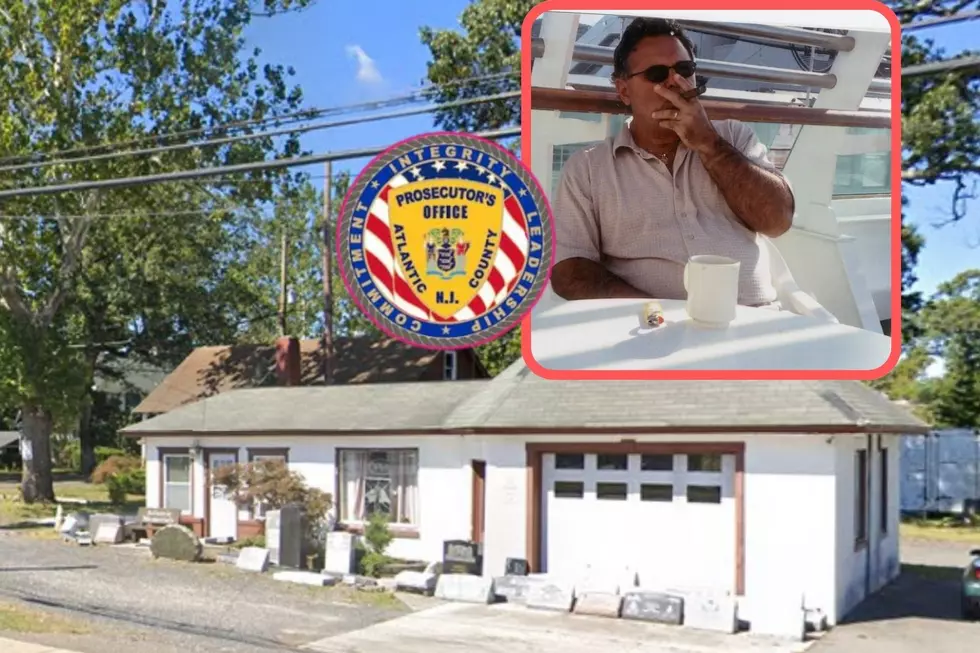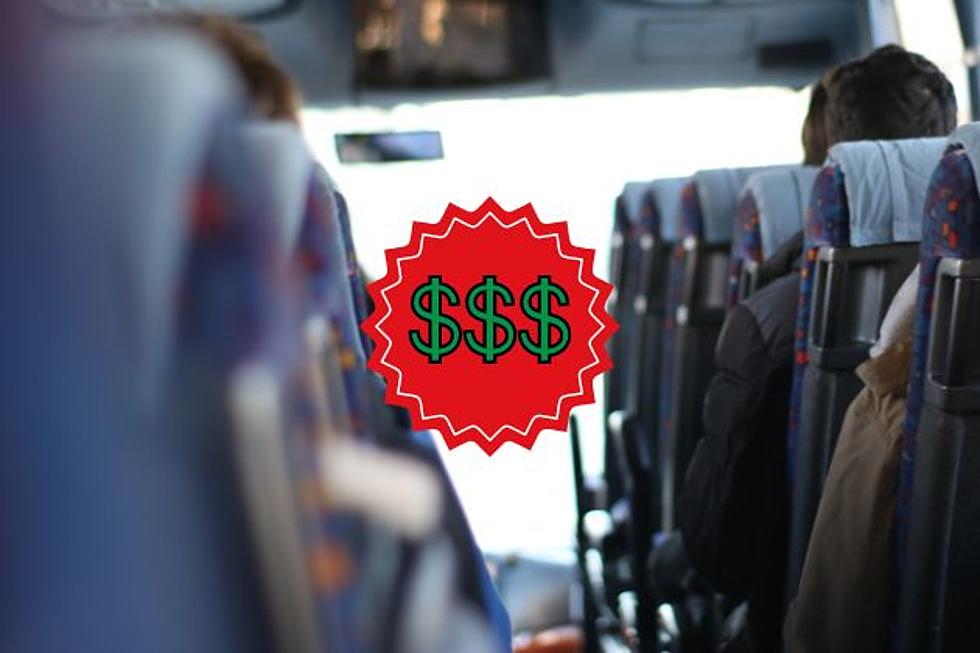
NJ Transit fare hike criticized as ‘tax on working poor’
🔵 NJ Transit is unfairly passing its budget woes on to riders, groups say
🔵 Advocates are calling for more sustainable funding for NJ Transit
🔵 NJ Transit wants to increase fares by 15% this year, and 3% each year after
NEWARK — If there were adequate funds headed its way, New Jersey Transit wouldn't have to force riders to make up for major shortfalls.
That's the message from groups who are outraged over NJ Transit's plan to increase fares by 15% in July, and by 3% annually afterwards.
"It's not surprising when a transit agency doesn't have other sources of funding and is running on an operating deficit, they have to make these drastic choices," said Jaqi Cohen, director of climate and equity policy for Tri-State Transportation Campaign.
The advocacy organization joined other groups and transit riders in Newark on Thursday to denounce NJ Transit's proposed fare hike.
NJ Transit is currently faced with a budget deficit that will reach close to a billion dollars by fiscal year 2026, the groups noted. NJ Transit's fare-hike proposal is in response to a $119 million budget shortfall in the year ahead.
Ridership has not fully rebounded since the coronavirus pandemic hit New Jersey, and the agency is dealing with $30 million in additional operating costs after taking on bus routes and services that were abandoned by private companies.
But the agency shouldn't pass the buck on to riders, the groups said. And 15% is a significant increase.
"As rents skyrocket and the cost of everyday expenses like food continue to go up, I don't know how I will make ends meet," said Isabel Moctezuma, a Passiac resident and a member of the group Make the Road New Jersey. "This is a tax on the working poor like me."
Increased funding vs. increased fares
The groups are calling for a sustainable investment in NJ Transit by Gov. Phil Murphy an the legislature. Trenton has not prioritized establishing a dedicated funding source for the transportation agency, the groups said.
In May 2020, Murphy established an agreement with the New Jersey Turnpike Authority that devotes hundreds of millions of dollars to NJ Transit annually, in addition to funds allocated to the agency in the state's annual budget.
But this agreement can be undone by any future governor, the groups noted. Dedicated funding needs to be codified into statute, they said.
"New Jersey is the only state that doesn't have dedicated sustainable funding for its public transit system," Cohen said.
When reached for comment, a spokesperson for the Governor's Office said the administration "will continue to pursue additional avenues to respond to NJ Transit's fiscal needs."
“Governor Murphy looks forward to the beginning of public hearings on NJ Transit's fare adjustment proposal and supports the agency’s efforts to solicit robust public feedback in order to best understand the potential impacts of fare adjustments on New Jersey residents and commuters," spokesperson Bailey Lawrence said.
NJ Transit has not increased fares since 2015.
Public comment on fare proposal
The 15% hike isn't a guarantee. The public will have a chance to weigh in on the fare proposal.
There are 10 scheduled public hearings, each in a different county, during the week of March 4.
Comments can be submitted in four ways:
- In-person
- Via a special website, njtransit.com/hearing
- Via email, hearing@njtransit.com
- Mail to Public Hearing Office – Fare Proposal Comments, One Penn Plaza East, Newark, NJ 07105
The public comment period will be open until 11:59 p.m. on March 8.
With reporting by Dan Alexander
Report a correction 👈 | 👉 Contact our newsroom
LOOK: Counties with the highest unemployment in New Jersey
Gallery Credit: Stacker
Restaurants that closed in New Jersey During 2023
Gallery Credit: Dan Alexander
More From New Jersey 101.5 FM

